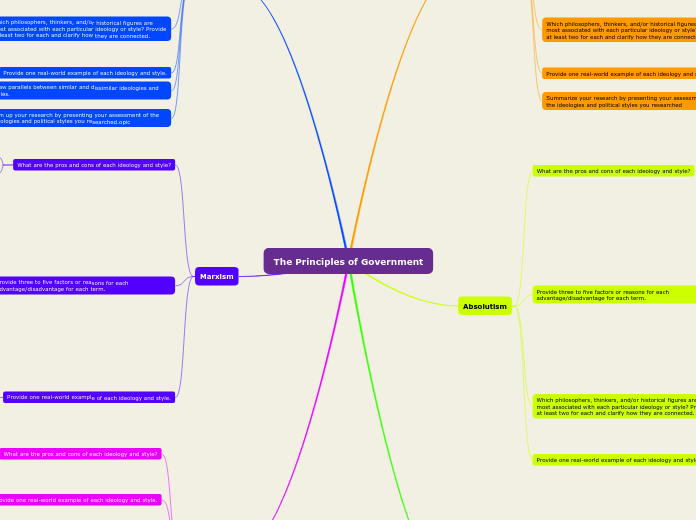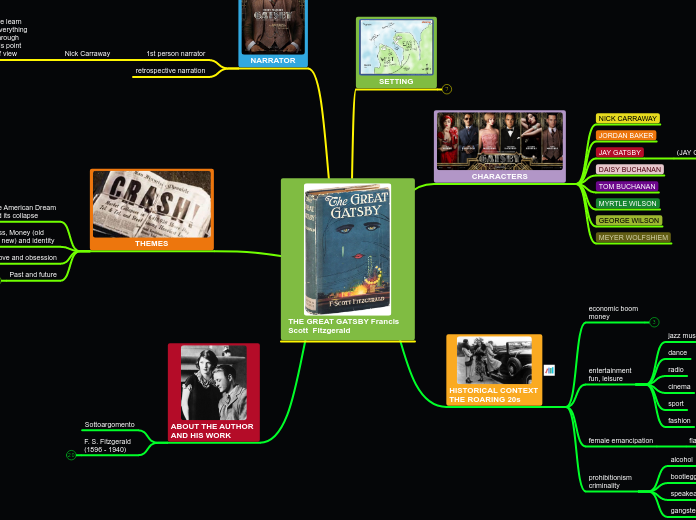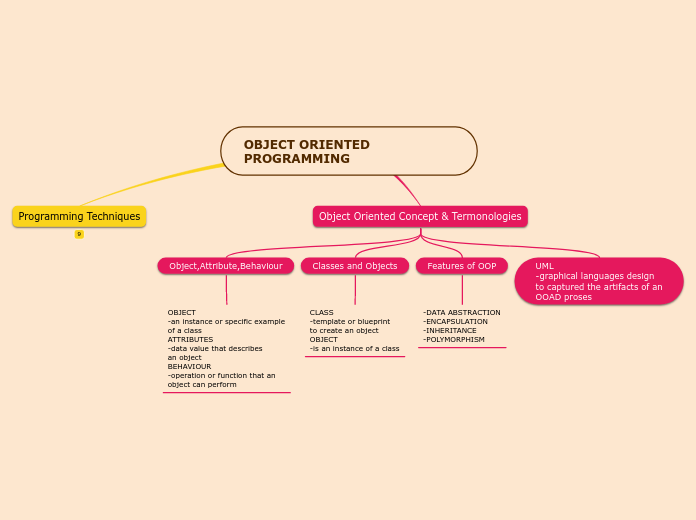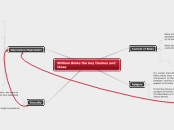по Ghazal Ghazal 5 лет назад
402
The Principles of Government
Marxism advocates for a societal structure where private ownership is replaced by cooperative ownership, aiming to create true equality and benefit society collectively. It addresses the power dynamics between different social classes, particularly focusing on the conflict between the bourgeoisie and the proletariat.









